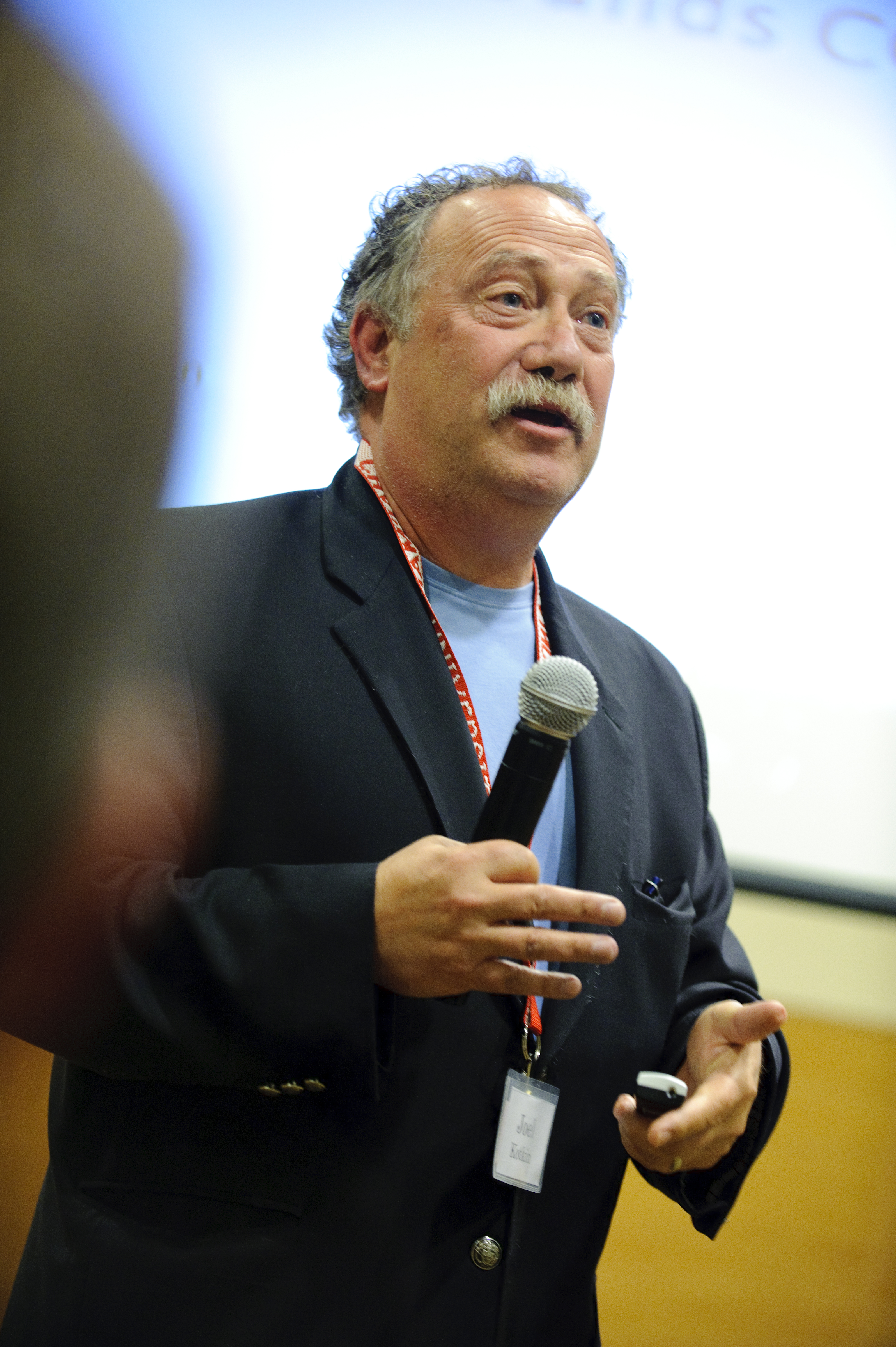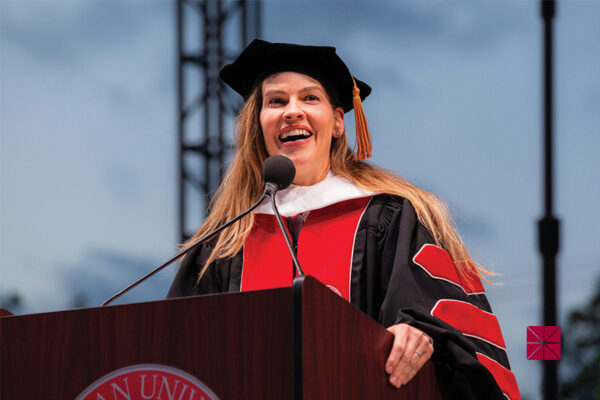Chapman University professor and acclaimed urbanist, Joel Kotkin’s groundbreaking housing report “Blame Ourselves, Not Our Stars” reveals alarming housing trends and their consequences in California.
The report delves into the factors driving migration out of the state, particularly among millennials, while contrasting the failures of California’s housing policies with states like Florida and Texas. Analysis from Kotkin and his coauthor Wendell Cox reveals a significant weakness in Governor Newsom and Sacramento’s approach, potentially impacting Newsom’s rumored presidential aspirations.
The American Dream
Kotkin suggests the dream of upward mobility and homeownership is fading, particularly in California. He raises the question of whether this decline serves as a harbinger of the future for other states as well. Contrary to popular belief, Kotkin argues that the future lies not in big cities but in suburbs and exurbs, presenting a contrarian yet well-supported view.
Housing prices and fertility rates
Keeping families in California is critical to the state’s economy and workforce, yet the state has seen its fertility rate sink to the ninth lowest in the nation in 2020, says the report which confirms the strong association between housing prices and the declining fertility rates. “Without changes in housing policies, California’s projected population of 60 million by 2050 has been revised to 44.2 million by 2060, a significant decrease,” according to the report.
Underrepresented groups are impacted the most
Kotkin points out that California, despite its progressive rhetoric, has disproportionately impacted minorities, immigrants, and young people, resulting in their struggles with real income and a significant migration from the state. The report highlights how California’s housing policies have failed to meet the aspirations and preferences of its diverse population, pushing housing costs to unprecedented levels.
Solutions for the future
To address the housing crisis and reignite the California dream, Kotkin proposes practical solutions that focus on building on cheaper land and creating Housing Opportunity Areas (HOAs), and removing barriers that make construction onerous, such as excessive regulations.
Communities like Irvine and Valencia demonstrate how well-planned developments can offer open spaces, excellent schools and the ability for residents to work from home or nearby, Kotkin says. Technological advancements in areas like energy and water use control can further enhance the environmental sustainability of suburban and exurban communities. The Inland Empire’s Ontario Ranch offers townhouses and single-family houses catering to young families, millennials, and minorities, who are seeking more affordable housing options and a lower cost of living.
Remote work and reducing emissions are key to sustainable communities. The report notes: If individuals who have the ability to work from home worldwide did so for just one day each week, it could save approximately 1% of global oil consumption for road passenger transport per year.
About Chapman University
Founded in 1861, Chapman University is a nationally ranked private university located in Southern California. Chapman is categorized by the Carnegie Classification as an R2 “high research activity” institution and offers personalized education to more than 10,000 undergraduate and graduate students. The campus has produced a Rhodes Scholar, been named a top producer of Fulbright Scholars, and hosts a chapter of Phi Beta Kappa, the nation’s oldest and most prestigious honor society. Based in the city of Orange, Chapman also includes the Harry and Diane Rinker Health Science Campus in Irvine. In 2019, the university opened its 11th college, Fowler School of Engineering, in its newest facility, Keck Center for Science and Engineering. Learn more about Chapman University: www.chapman.edu.
Media Contacts:
Cerise Valenzuela Metzger, Director of Public Relations | cmetzger@chapman.edu | 714-289-3143
Carly Murphy, Public Relations Coordinator | carmurphy@chapman.edu | Desk: 714-289-3196 | Mobile: 714-497-9683




